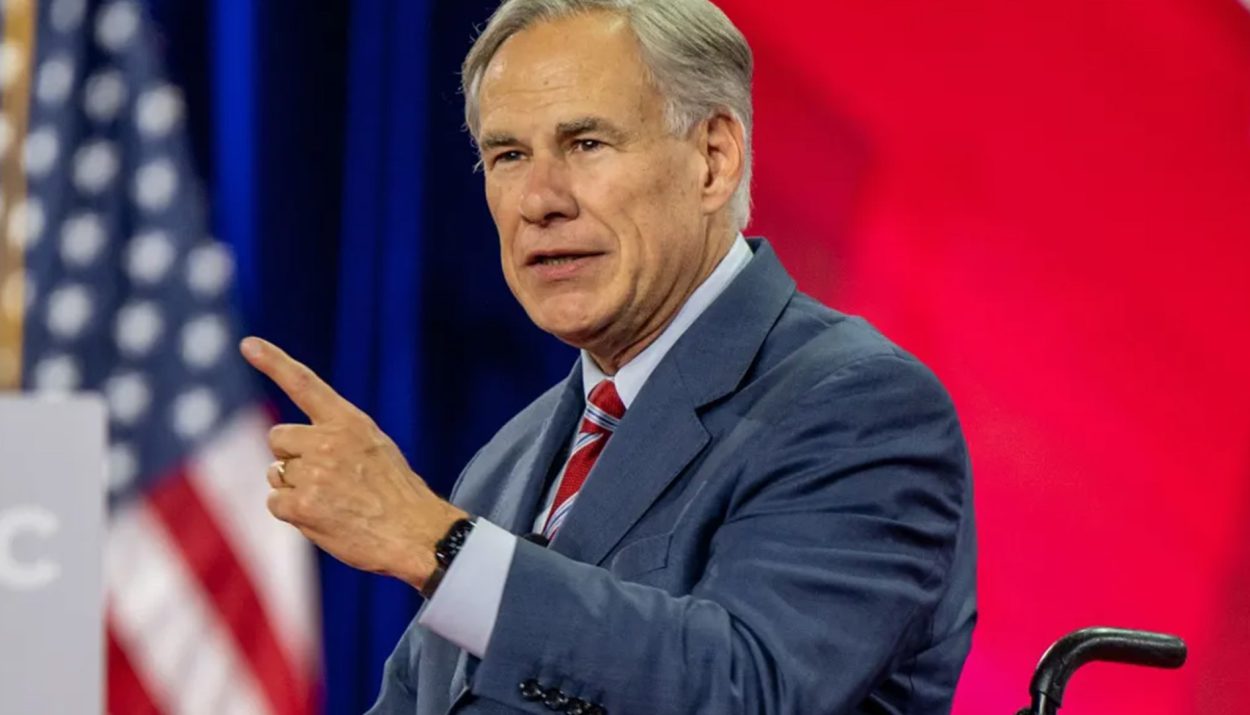Gov. Greg Abbott caused an uproar when he suggested banning transgender and gender nonconforming teachers in Texas from expressing their gender identity while teaching. During a speech to conservatives, Abbott criticized a male teacher for wearing feminine clothing, makeup, and heels, declaring this “type of behavior is not OK.”
His comments come as LGBTQ individuals gain increasing legal protections, with federal courts striking down laws preventing teachers from displaying family photos or using pronouns aligning with their gender identity.
Abbott’s Controversial Remarks About Trans Teachers
Abbott’s comments about ending trans teachers’ ability to express their gender identity have sparked outrage. His suggestion goes against federal protections for LGBTQ individuals and threatens their basic civil rights.

Abbott used an anecdotal example of a trans woman teacher wearing feminine clothing to argue that trans and gender nonconforming teachers should not be allowed to express their identities.
The Legal Backdrop: Bostock v. Clayton County
In June 2020, the U.S. Supreme Court issued a landmark ruling in Bostock v. Clayton County, declaring that federal law prohibits employers from firing workers merely for being gay or transgender.
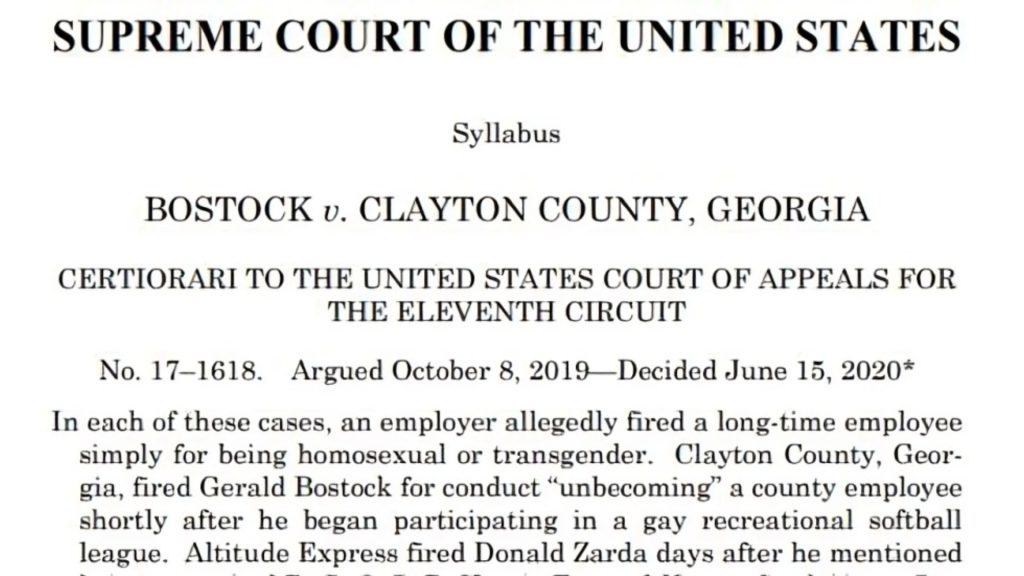
The 6-3 decision was a major victory for LGBTQ rights and made clear that Title VII of the Civil Rights Act of 1964 protects employees against discrimination based on sexual orientation and gender identity.
What the Ruling Means
The court’s decision establishes that it is illegal under federal law for employers to fire, refuse to hire, or otherwise discriminate against workers for being homosexual or transgender.
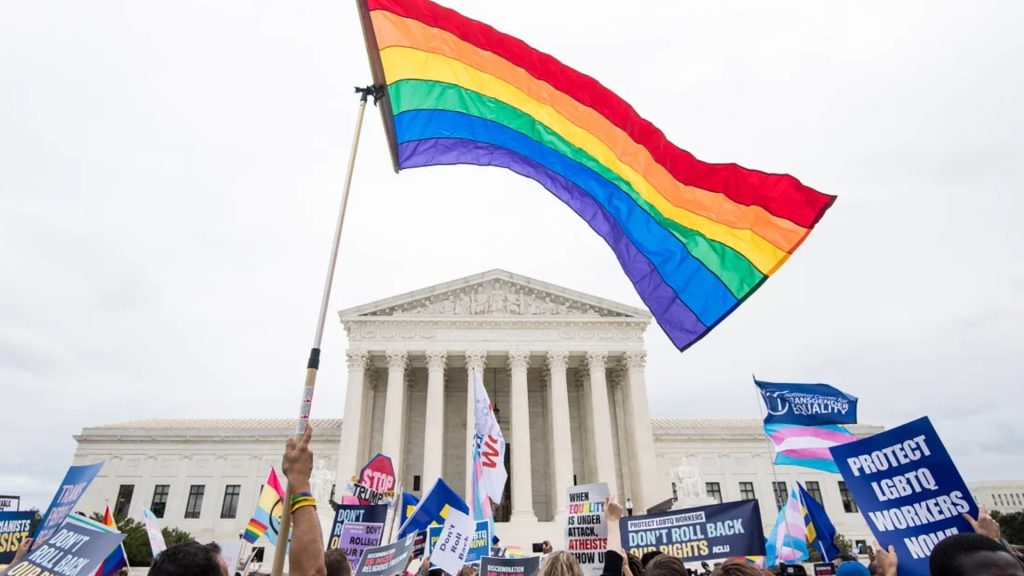
The ruling is expected to have a sweeping impact on civil rights for LGBTQ people across the U.S., influencing other areas like housing, education, and health care.
Dissenting Opinions
The ruling drew fierce dissents from the court’s three most conservative justices. In their dissent, Justice Samuel Alito argued that the court was legislating from the bench and rewriting the law to mean something it was never intended to mean.
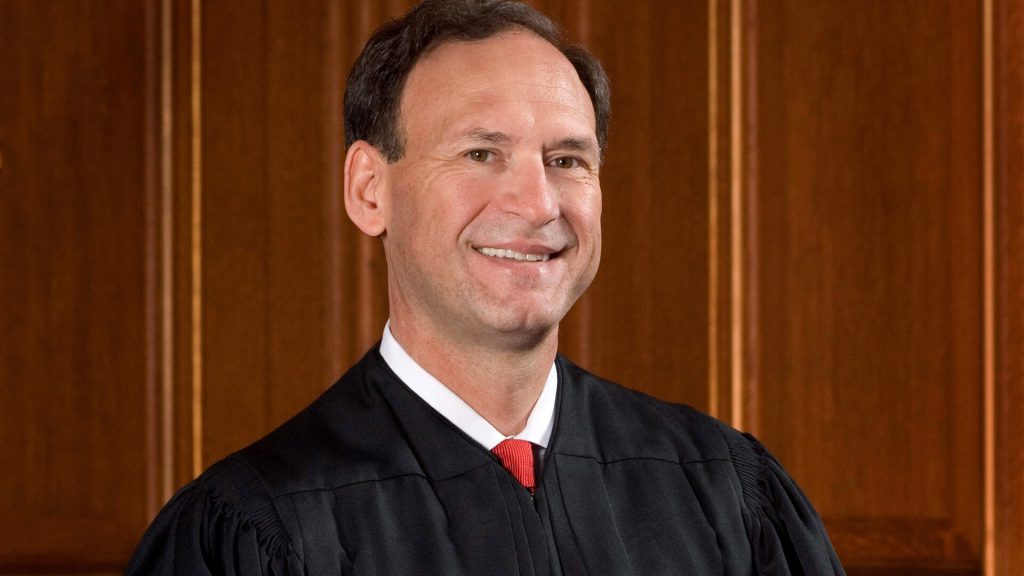
“There is only one word for what the Court has done today: legislation,” Alito wrote.
Impact on Transgender Rights
The decision was an especially significant victory for transgender rights. In his opinion for the court, Justice Neil Gorsuch wrote, “An employer who fires an individual for being homosexual or transgender fires that person for traits or actions it would not have questioned in members of a different sex.”
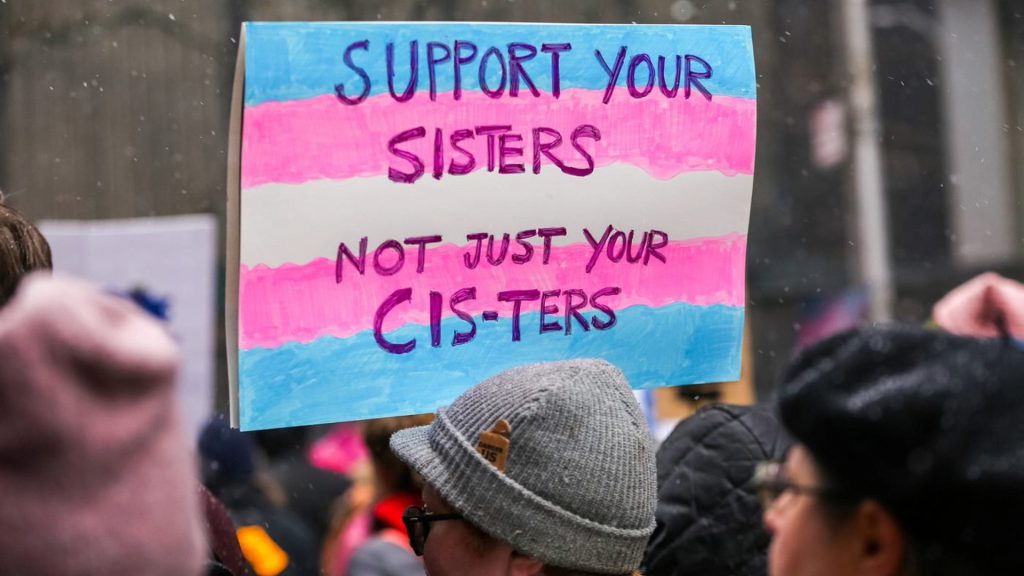
The ruling established that discrimination based on gender identity is a form of sex discrimination.
Florida’s “Don’t Say Gay” Law Blocked
Earlier this month, U.S. District Judge Mark Walker issued a temporary injunction against Florida’s “Don’t Say Gay” law.

The controversial law aimed to censor teachers from even mentioning LGBTQ issues or displaying photos of their same-sex spouses in schools. In his decision, Walker affirmed that the First Amendment protects teachers’ rights to express their identity.
An Unconstitutional Law
The “Don’t Say Gay” law attempted to dictate how teachers refer to themselves in schools. Walker ruled that Florida does not have the authority to redefine someone’s identity or restrict their speech in this way.
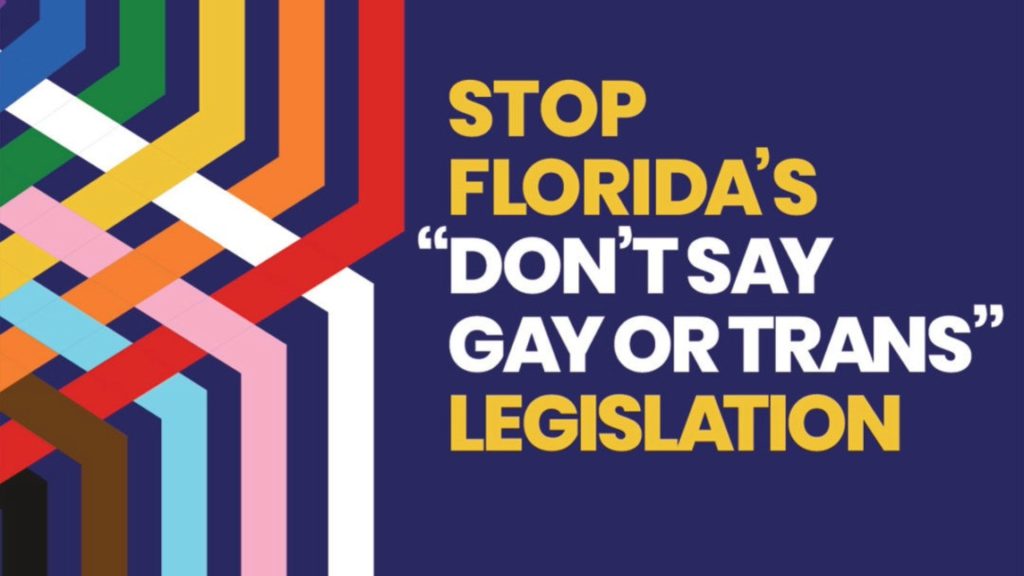
Legal experts agreed that the broad, vaguely worded law violated teachers’ First Amendment rights.
Support for Teachers
LGBTQ advocates and educators celebrated the ruling. “Teachers should be free to be their full selves in the classroom without fear of discrimination or retribution,” said a spokesperson for LGBTQ rights group Equality Florida.

Teachers felt relieved that they could continue to support and mentor LGBTQ students without legal repercussions.
Pushback from Conservatives
However, some conservative politicians disagreed with Walker’s decision. Texas Governor Greg Abbott argued that teachers expressing their gender identity is “not OK.”
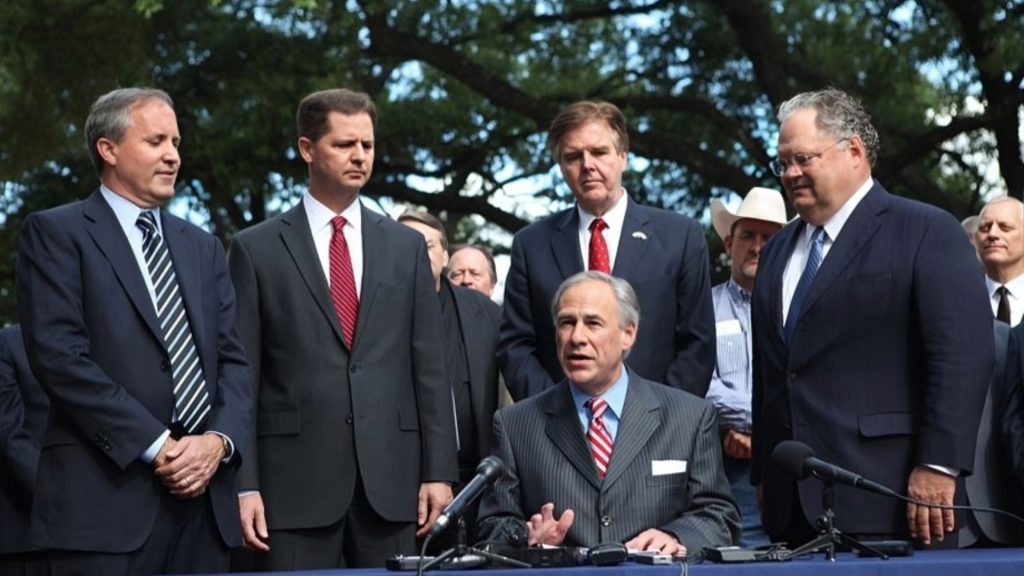
Republican lawmakers in Florida vowed to pass new legislation to restrict teachers’ speech. But civil rights groups are prepared to challenge any unconstitutional laws that target the LGBTQ community.
Abbott Aims to Ban Trans Expression in Texas Schools
Gov. Greg Abbott announced his intention to bar transgender teachers from expressing their gender identity in Texas schools.
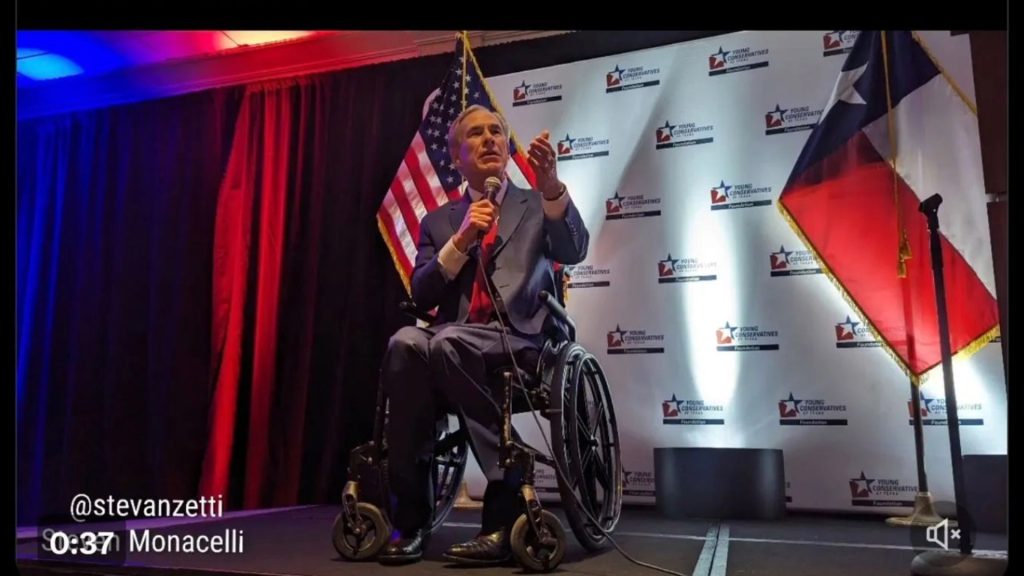
At a Young Conservatives of Texas event, Abbott described a report of a high school teacher who wore feminine clothing instead of attire matching the sex assigned at birth.
Critics Decry Abbott’s Position as Discriminatory
Critics argue Abbott’s stance condones discrimination against the trans community. Banning teachers from expressing their gender identity creates a hostile environment for trans students and promotes intolerance.
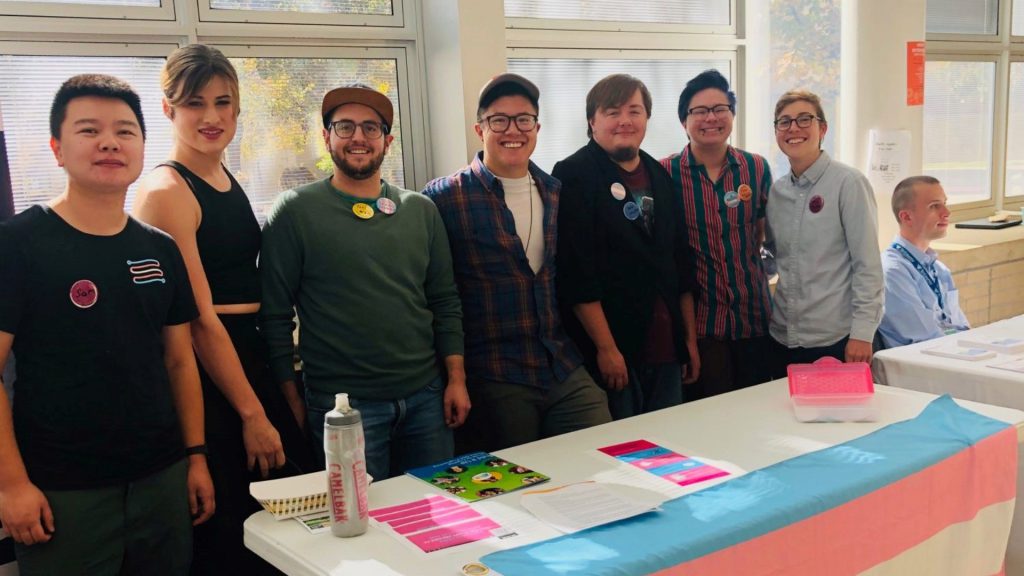
Forbidding individuals from outwardly identifying as their authentic selves infringes on personal liberties and free expression.
Support for Abbott’s Proposed Ban Among TX Republicans
Abbott’s comments were met with resounding support among conservative Texan politicians. The Texas GOP Chair, Matt Rinaldi, voiced praise for Abbott’s stance, saying, “This type of behavior should not be encouraged or normalized in Texas schools.”
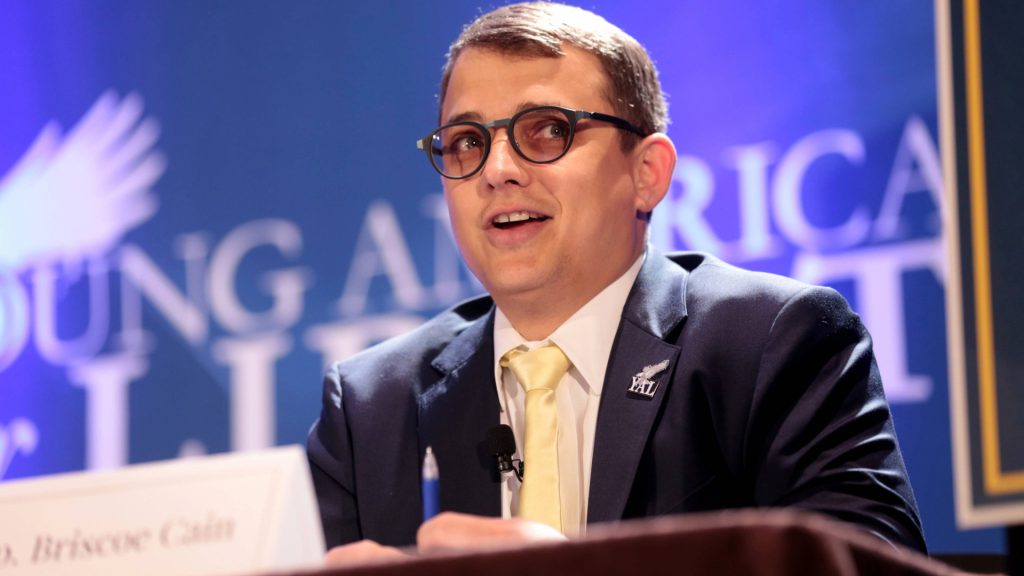
Similarly, Republican state Rep. Briscoe Cain tweeted that “Taxpayer resources should not be used to promote radical ideologies in our schools.”
First Amendment Issues With Policing Teacher Gender Expression
Abbott’s comments about wanting to ban teachers from expressing their gender identity while teaching raise concerns about violations of First Amendment rights.
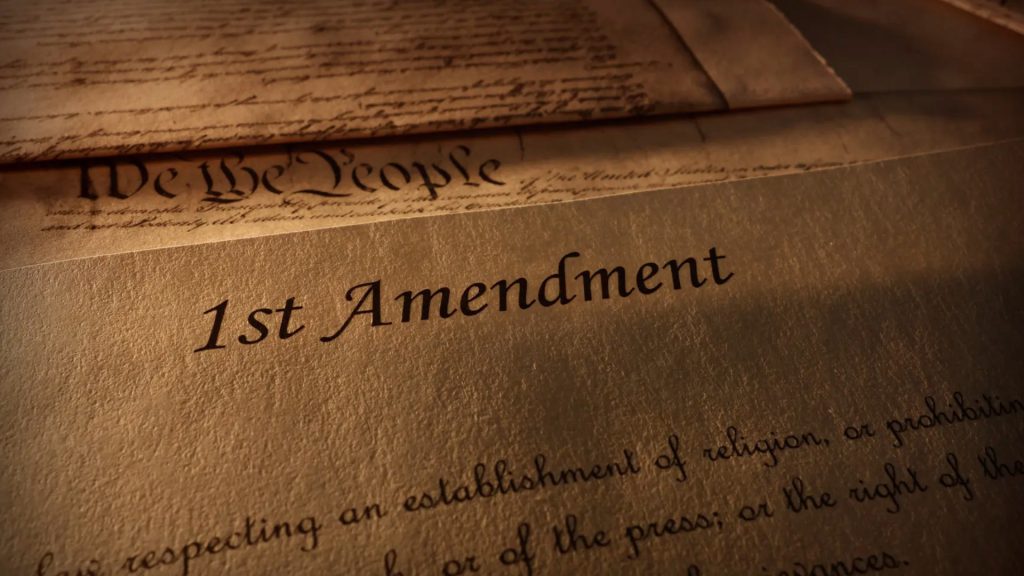
Teachers have the freedom of expression, which includes how they choose to dress and present themselves. Policing how teachers express their gender identity can infringe on their basic civil liberties.
Slippery Slope Toward Broader Censorship
Some critics argue that policing how teachers express their gender identity could lead down a slippery slope toward broader censorship in schools.
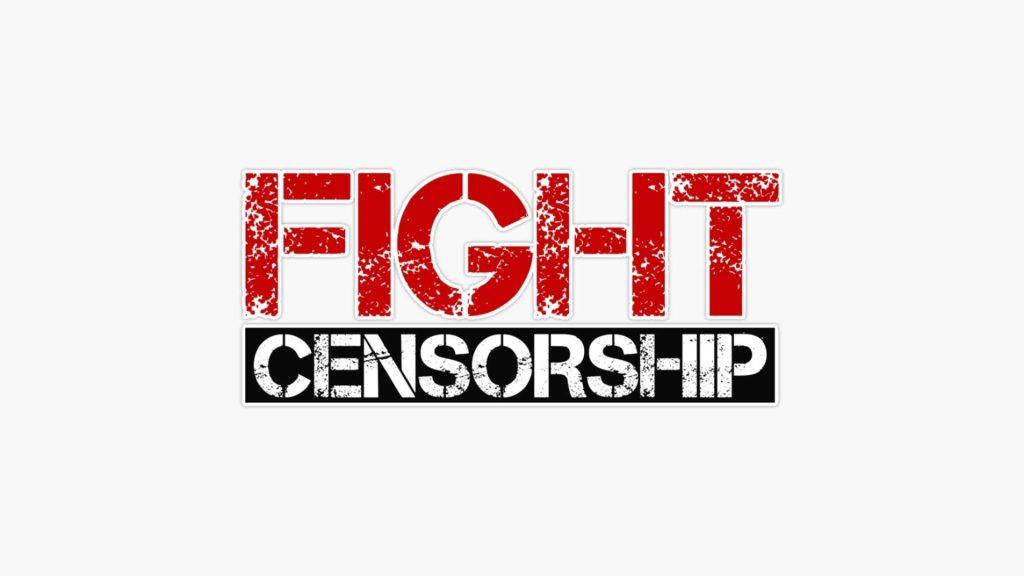
If the government is allowed to control how teachers affirm their gender identity, it may gradually expand its control over teacher speech and expression in other areas as well. This could threaten open discussion and exchange of ideas in the classroom.

